The Best TV Shows on DFF 1
Every DFF 1 Show Ranked From Best To Worst
Our curated list, current as of February 2026, showcases over 20 of DFF 1’s highest-rated series. With its programming history stretching from 1959 to 1987, DFF 1 offers an impressive lineup of over 20 shows. Premiering in 1959 and 1962, Blaulicht and The Green Monster are among DFF 1’s most celebrated shows.
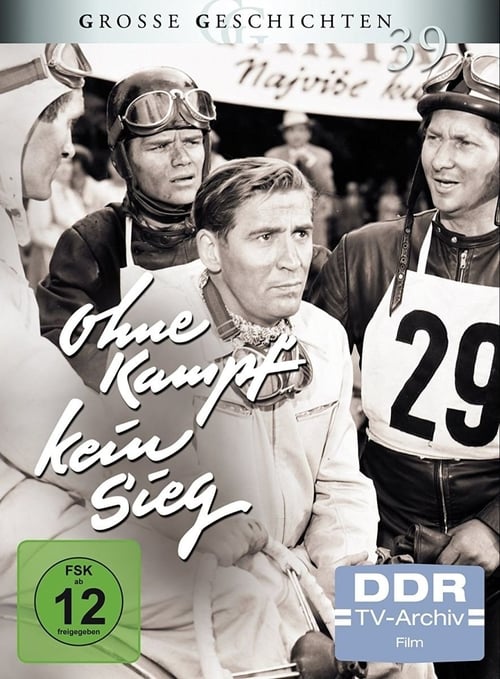 Ohne Kampf kein Sieg (1966)10.0
Ohne Kampf kein Sieg (1966)10.0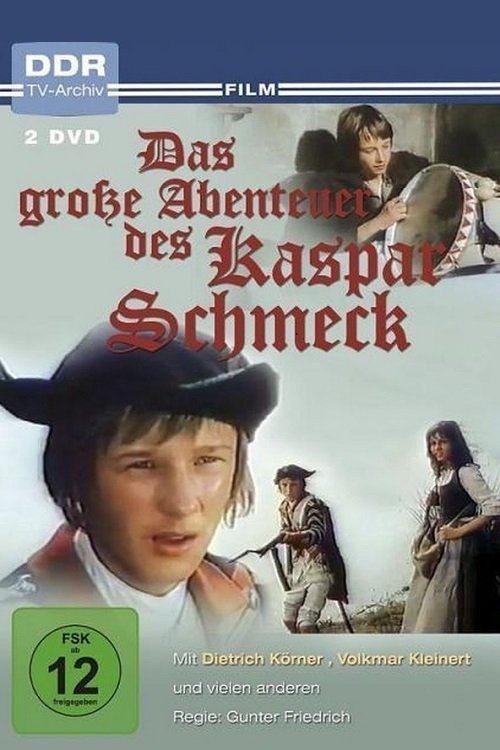 Das große Abenteuer des Kaspar Schmeck (1982)9.5
Das große Abenteuer des Kaspar Schmeck (1982)9.5Das große Abenteuer des Kaspar Schmeck is a German television series.
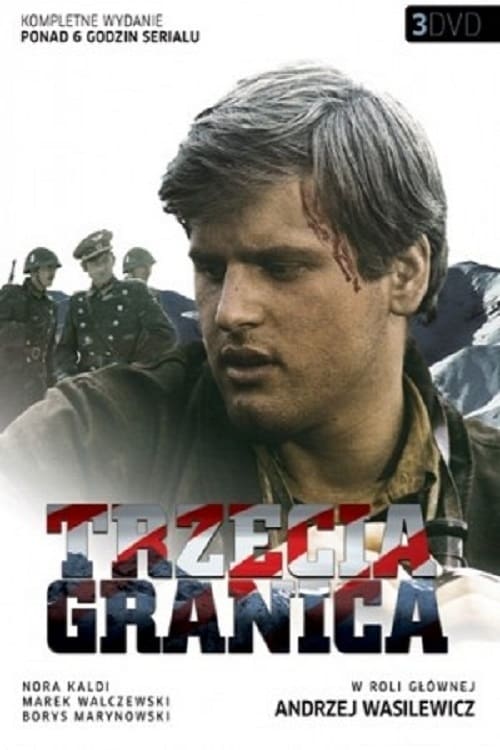 Trzecia granica (1976)8.0
Trzecia granica (1976)8.0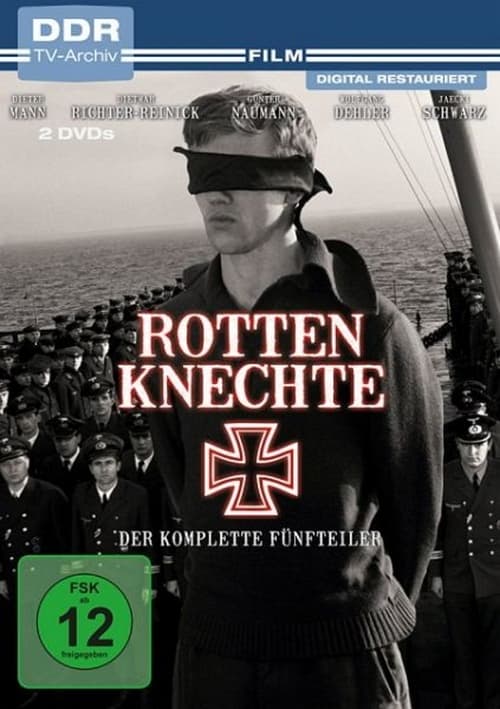 Rottenknechte (1971)7.0
Rottenknechte (1971)7.0The film concentrates on the last days of the German navy during World War II.
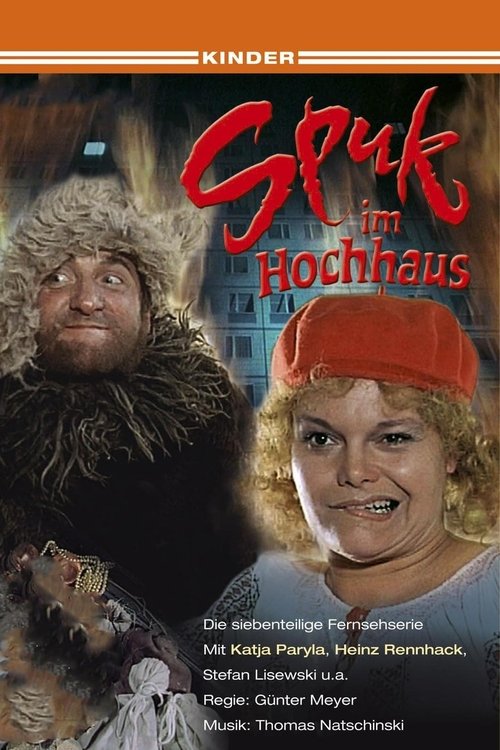 Spuk im Hochhaus (1982)6.8
Spuk im Hochhaus (1982)6.8200 years ago, innkeepers Jette and August Deibelschmidt led a rapacious life. Out of greed, they repeatedly got their guests drunk in order to steal from them. When police commissioner Friedrich Wilhelm Licht tried to put them out of action, the house caught fire and all three died. In his last words, he curses the pair of thieves, saying that they will not find peace until they have done seven good deeds after 200 years.
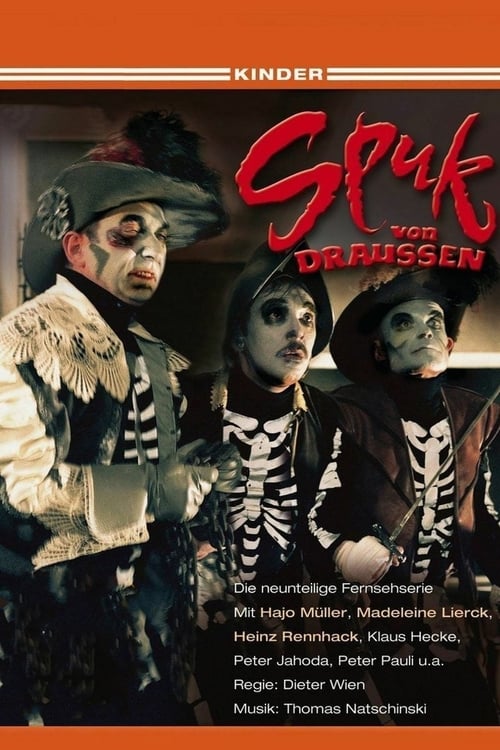 Ghosts from Outside (1987)6.4
Ghosts from Outside (1987)6.4An adventures of a Berlin family spending summer in haunted house.
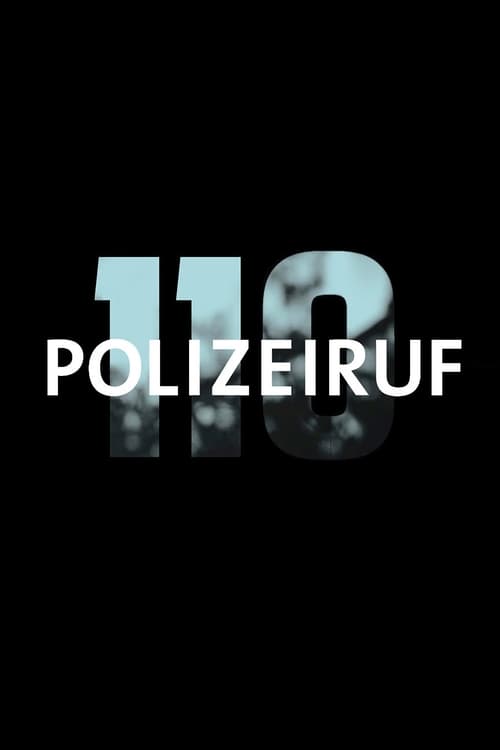 Polizeiruf 110 (1971)6.3
Polizeiruf 110 (1971)6.3Polizeiruf 110 is a long-running German language detective television series. The first episode was broadcast 27 June 1971 in the German Democratic Republic, and after the dissolution of Fernsehen der DDR the series was picked up by ARD. It was originally created as a counterpart to the West German series Tatort, and quickly became a public favorite.
 Sachsens Glanz und Preußens Gloria (1987)6.0
Sachsens Glanz und Preußens Gloria (1987)6.0Love, intrigue, favouritism and corruption at the Dresdner Hof.
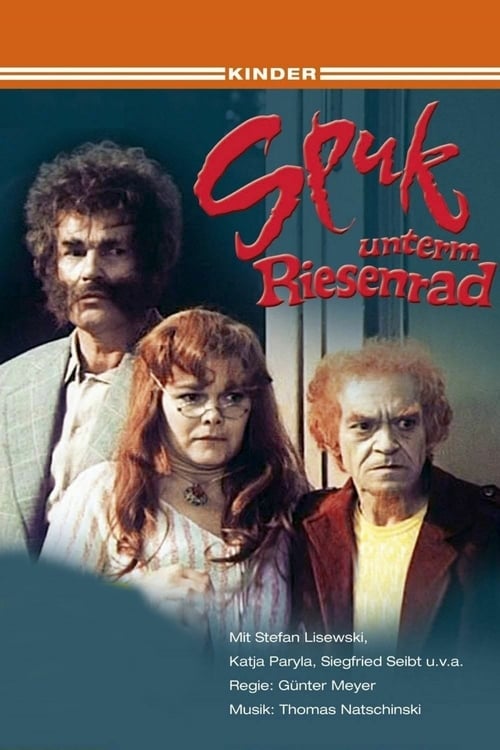 Ghosts under the Ferris Wheel (1979)5.6
Ghosts under the Ferris Wheel (1979)5.6Two kids suddenly call three very enchanted persons to reality while spending summer in their grandma's village.
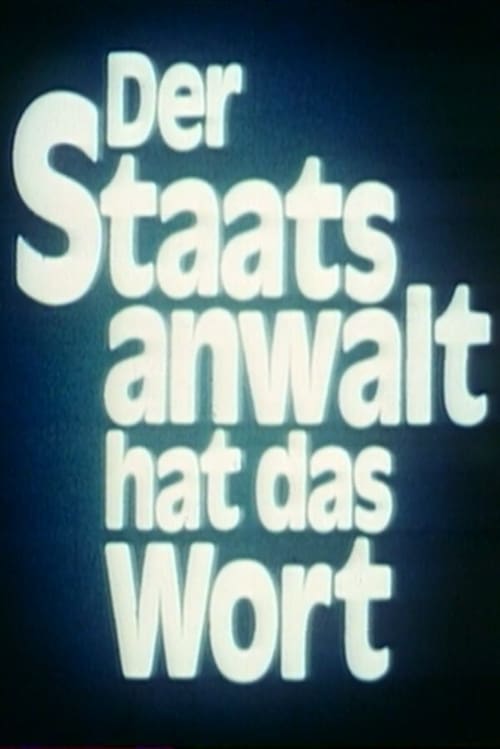 Der Staatsanwalt hat das Wort (1965)2.8
Der Staatsanwalt hat das Wort (1965)2.8Der Staatsanwalt hat das Wort was an East German television series.
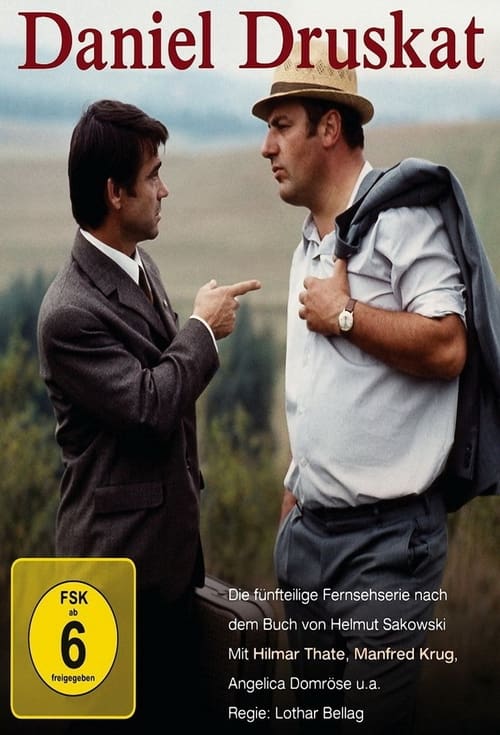 Daniel Druskat (1976)2.0
Daniel Druskat (1976)2.0Large-scale, five-part film about the relationship between two men caught between friendship, rivalry and hatred during the first decades of GDR in the countryside.
 Ein Kessel Buntes (1972)1.8
Ein Kessel Buntes (1972)1.8The show was meant to compete with those on West German television. To this end it was fairly successful even attracting a following in parts of West Germany which could receive Eastern TV. Its production values were high. Apart from song and dance numbers and appearances from East German celebrities, almost every broadcast featured well-known stars from the west, often after their popularity had peaked in their home countries.
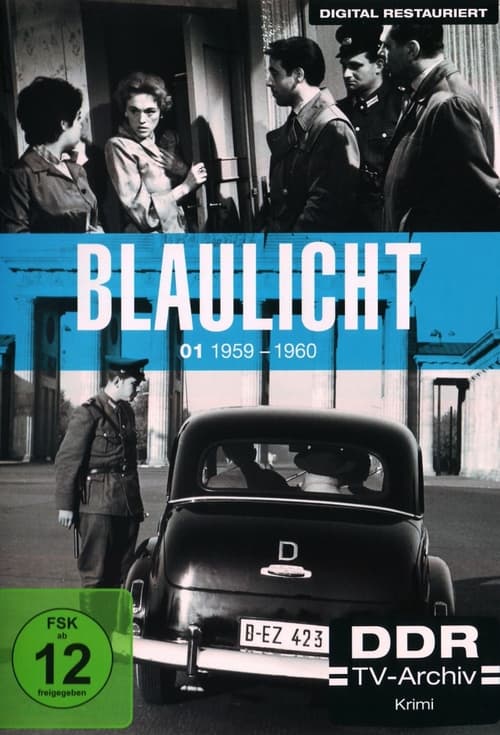 Blaulicht (1959)N/A
Blaulicht (1959)N/ABlaulicht is a German crime television drama series, whose 29 episodes were based on crime case files.
 The Green Monster (1962)N/A
The Green Monster (1962)N/AOn the run from police in America, Antonio Morena, a former World War II aviator and black-marketeer, finds himself in South America working for the all-powerful United Fruit Company, known to the natives as "the Green Monster".
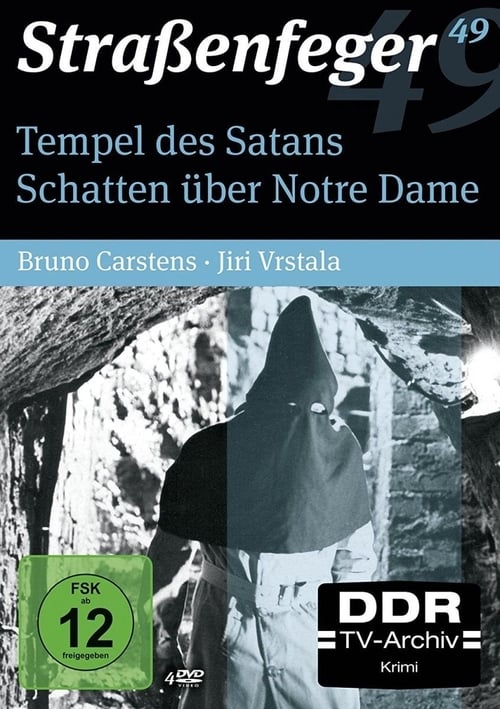 Schatten über Notre Dame (1966)N/A
Schatten über Notre Dame (1966)N/AOne evening, crime reporter Jaques Batissier makes the acquaintance of a drunken stranger who tells him his version of the murder of the anti-fascist publisher Sonelli. When Detective Inspector Rochambeaux investigates the case, the stranger's account turns out to be an exact description of the circumstances of the crime, which only the murderer could have known. On the hunt for a good story, Batissier gets on the trail of the powerful fascist secret organization "Cagoulard".
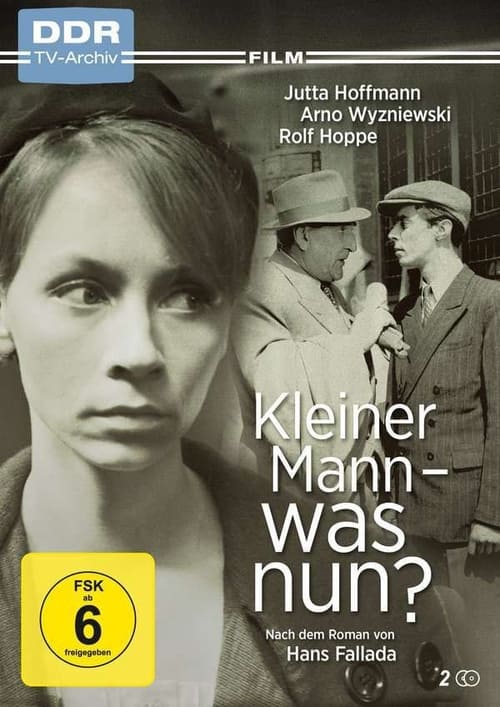 Kleiner Mann – was nun? (1967)N/A
Kleiner Mann – was nun? (1967)N/AThe love story of Emma and Johannes begins during the hard years of the Great Depression. Emma repeatedly tries to encourage her husband, who is suffering terribly from unemployment. However, the crisis continues to intensify and social disintegration affects millions.
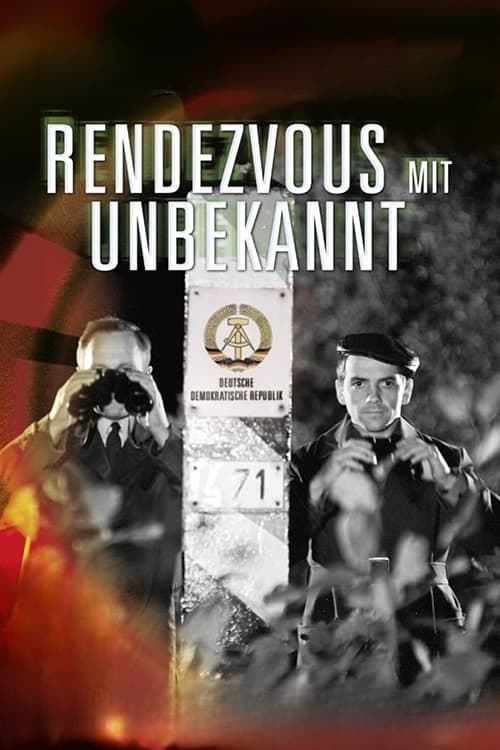 Rendezvous mit unbekannt (1969)N/A
Rendezvous mit unbekannt (1969)N/A Eva und Adam (1973)N/A
Eva und Adam (1973)N/A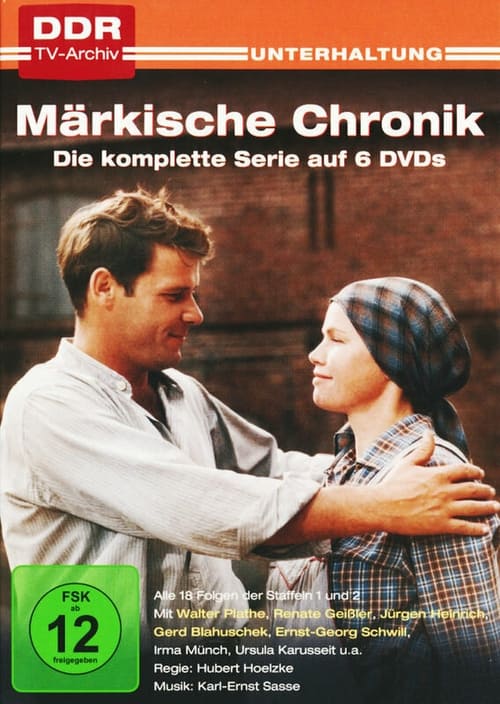 Märkische Chronik (1983)N/A
Märkische Chronik (1983)N/A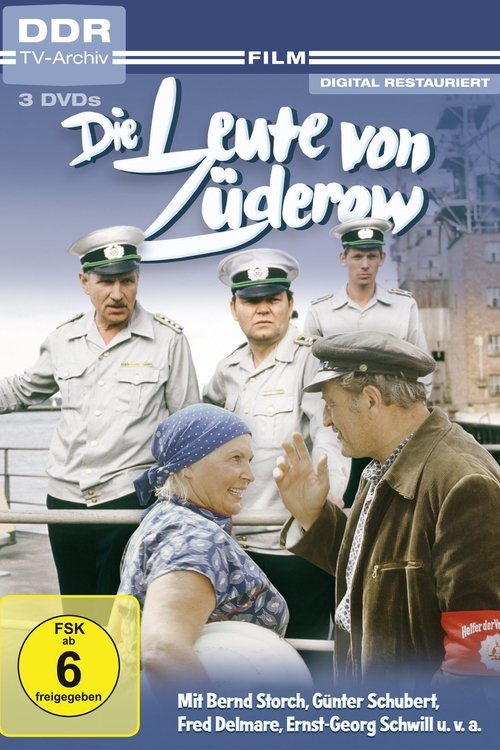 Die Leute von Züderow (1985)N/A
Die Leute von Züderow (1985)N/A